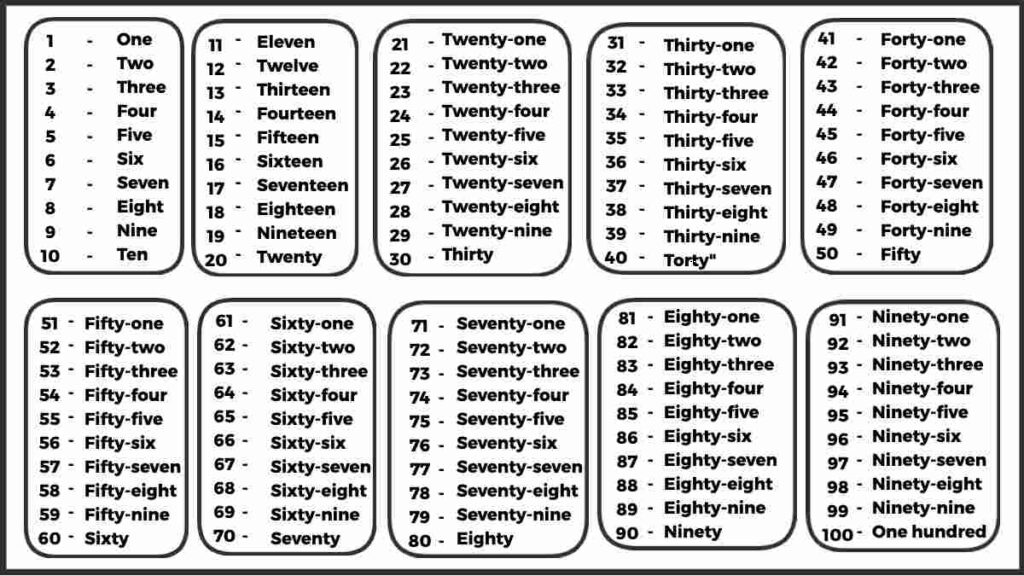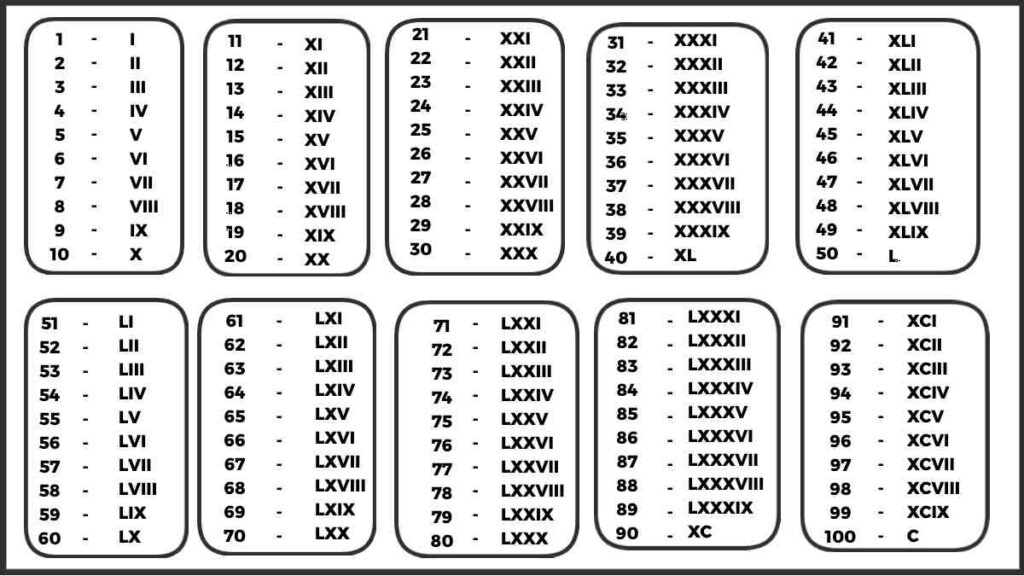On this page, you will read important Class 10 Mathematics Chapter 1 Real Number Exercise 1.2.
In the previous post, we have shared the information about the Number definitely read it.
Let us read and understand the information about Class 10 Mathematics Chapter 1 Real Number Exercise 1.2.
- Class : 10th
- Chapter : 1
- Subject : Mathematics
- Topic : Real Number Exercise 1.2
- Resource : Notes, Important Question & Practice Paper
Chapter 1 Real Number Exercise 1.2
Q.1 Prove that √5 is irrational.
Solution :- Let us assume, to the contrary, that √5 is rational.
That, we can find integrate a and b (≠ 0) such that √5 = a/b
Suppose a and b have a common factor other than 1, then we can divide by the common factor, and assume that a and b are coprime.
So, b√5 = a.
Squaring on both sides and rearranging we get 5b² = a².
Therefore a² is divisible by 5, and by theorem 1.3 follows that a is also divisible by 5.
So, we can write a = 5c for some integer c.
Substituting for a, we get 5b² = 25c², that
b² = 5c².
This means that b² is divisible by 3, and so b also divisible by 5 (using Theorem 1.3 with p = 5).
Therefore a and b have at least 5 as a common factor.
But this contradiction has arisen because of our incorrect assumption that √5 is rational.
So, we conclude that √5 is irrational.
Q.2 Prove that 3+ 2√5 is irrational.
Solution :- We have to prove 3 + √5 is irrational
Let us assume the opposite,
i.e., 3 + √5 can be written in the form a/b
Where a and b (b ≠ 0) are coprime (no common factor other than 1)
Hence,
3 + 2√5 = a/b
2√5 = a/b – 3
2√5 = a – 3b/ b
2√5 = 1/2 × a – 3b/b
√5 = a- 3b/2b
Here, a – 3b is rational number But √5 is irrational
Since,
Rational ≠ Number
This is contradiction
Our assumption is incorrect
Therefore, 3 + 2√5 is irrational
Hence Proved,
Q.3 Prove that the following are irrationals :
(i). 1/√2
(ii). 7√5
(iii). 6+√2
(i). 1/√2
Solution :-
We have to prove 1/√2 is irrational
Let us assume the opposite,
i.e, 1/√2 is rational
Hence, 1/√2 can be written in the form a/b
Where a and b (b ≠ 0) are co-prime (no common factor other than 1)
Hence,
1/√2 = a/b
b/a = √2
Here, b/a is rational number
But √2 is irrational
Since,
Rational ≠ irrational
This is a contradiction
Our assumption is incorrect
Therefore, 1√2 is irrational
Hence Proved
(ii). 7√5
Solution :-
We have to prove 7√5 is irrational
Let us assume the opposite,
i.e., 7√5 is rational
Hence, 7√5 can be written in the form a/b
Where a and b (b ≠ 0) are co-prime (no common factor other than 1)
Hence,
7√5 = a/b
√5 = 1/7 × a/b
Here, a/7b is a rational number
But √5 is irrational
Since,
Rational ≠ irrational
This is a contradiction
Our assumption is incorrect
Therefore, 7√5 is irrational
Hence Proved
(iii). 6+√2
Solution :-
We have to prove 6+√2 is irrational
Let us assume the opposite,
i.e., 6+√2 is rational
Hence, 6+√2 can be written in the form a/b
Where a and b (b ≠ 0) are co-prime (no common factor other than 1)
Hence,
6+√2 = a/b
√2 = a/b – 6
Here, a – 6b/b is a rational number
But √5 is irrational
Since,
Rational ≠ irrational
This is a contradiction
Our assumption is incorrect
Therefore, 6+√2 is irrational
Hope you will like this information on Class 10 Mathematics Chapter 1 Real Number Exercise 1.1 Notes and you will be able to learn how to solve all kinds of questions related to Real Number Exercise 1.2 by reading the Information.
Comment for any other question related to Class 10 Mathematics Chapter 1 Real Number Exercise 1.1 and if you like it then do Share it with your Friends.


